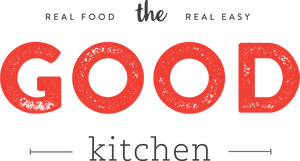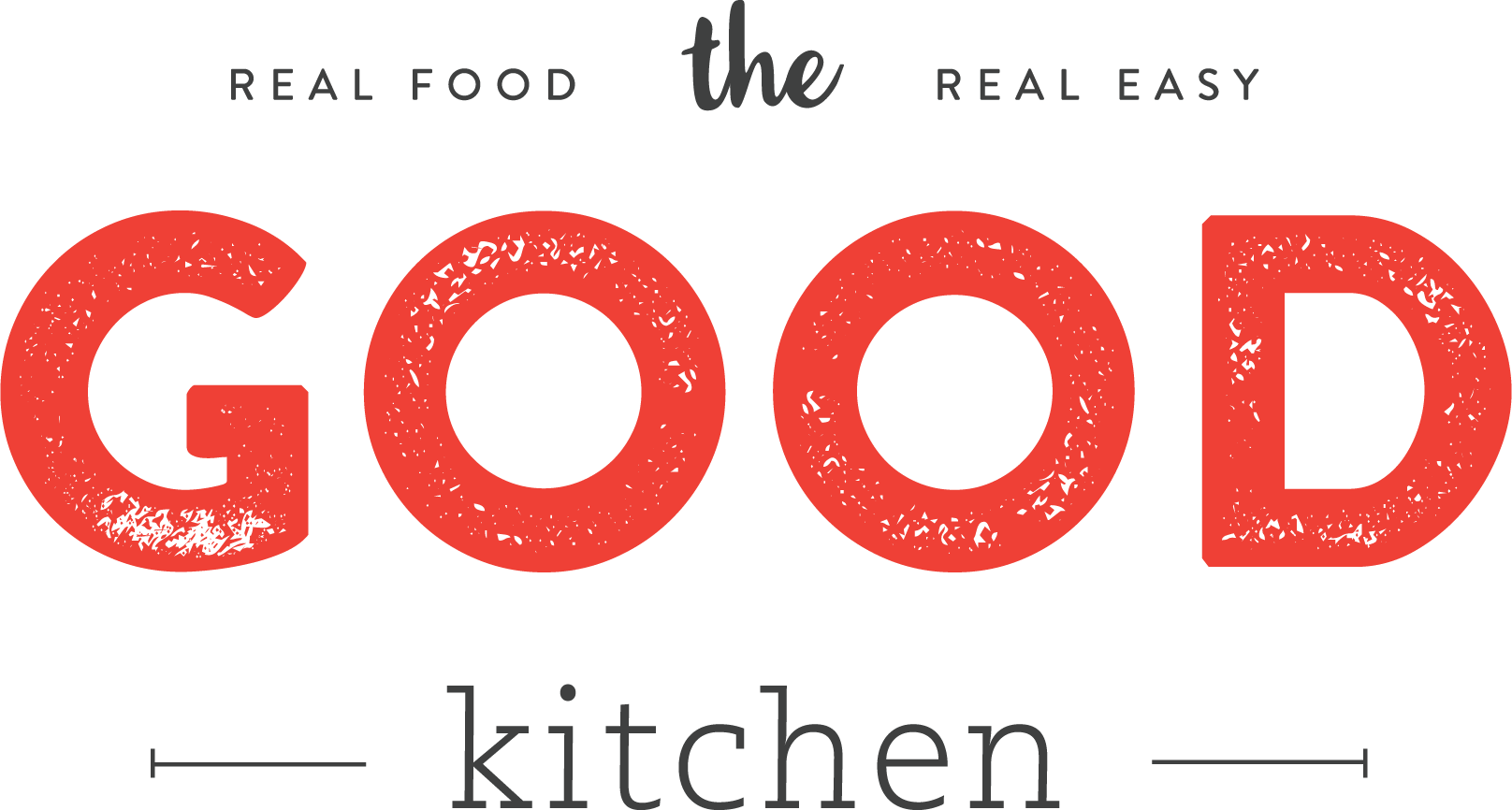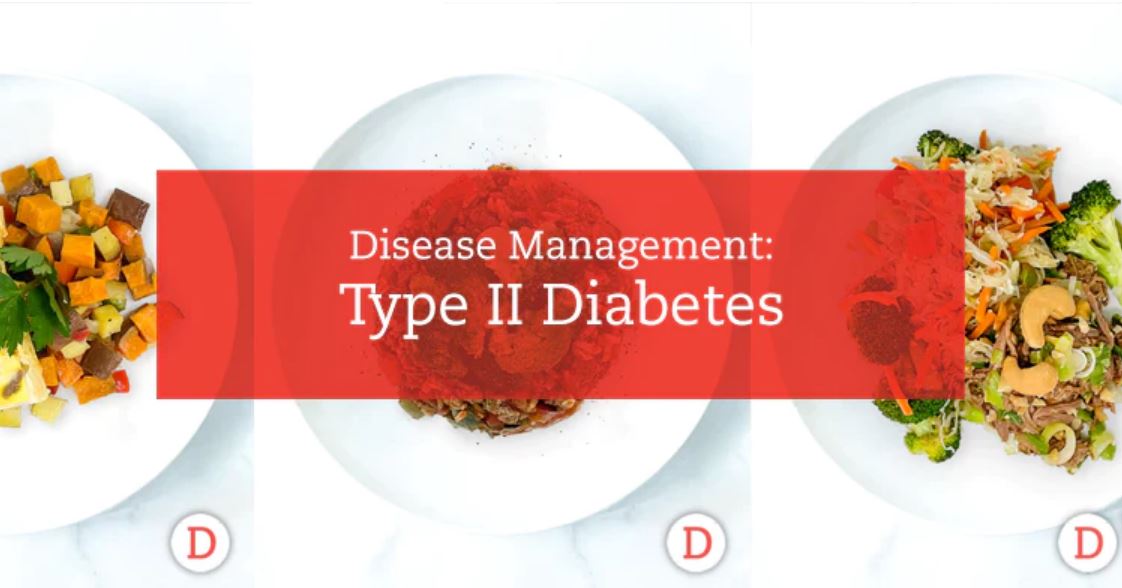Fresh Meals for the Management of Type II Diabetes

The Good Kitchen announced our partnership with the National University of Natural Medicine (NUNM)'s Food As Medicine Institute (FAMI) in Spring of 2022. The goal of our partnership is to "...create the first fully prepared, medically tailored meals subscription plan featuring fresh ingredients and nutrient guidelines focused on disease management." We are excited to announce our first round of meals in collaboration with NUNM around management of Type II Diabetes.
These meals can be found on our menu with the red "D" designation, and by filtering to 'Certified Diabetic' under Dietary Preferences.
BACKGROUND
Type II Diabetes Mellitus
Process Summary
Food as Medicine Institute & The Good Kitchen
National University of Natural Medicine
Spring 2022
This research project represents a collaboration between the Food as Medicine Institute at the National University of Natural Medicine and The Good Kitchen in service of the development of evidence-based Medical Nutrition Therapy protocols to address several common, diet-related chronic diseases. The first condition our team has researched is type II diabetes mellitus, with three other conditions to follow.
Our research process adheres to the following steps: identify the condition of interest; decide on a sample design; review the available literature; collect, process, and analyze the data; and summarize our collective findings in a finalized report. Our objective was to create nutrition recommendations and dietary guidelines to support type II diabetes mellitus prevention and management, aligned with the Food As Medicine Institute Guiding Principles and validated by science. These principles include promoting whole and minimally processed foods, emphasizing a primarily plant-based diet, highlighting anti-inflammatory foods, emphasizing animal-based foods that originate from healthy animals, acknowledging the complexity of individualized nutritional needs, and with special effort paid to ethical sourcing.
We identified a lack of pre-existing, gold-standard, and/or nationally agreed upon, evidence-based data for type II diabetes mellitus nutrition guidelines and best practices in our research. Therefore, we distinguished highly trusted and credible sources from the medical, scientific, and academic communities, including organizations, institutions, and individuals, and we designed a shared workspace document for collecting, reviewing, and analyzing our findings. Additionally, we aimed to uncover recommendations regarding dietary patterns, biomarkers, and specific foods and herbs. We met frequently, every 1 -2 weeks, to share information, consolidate our findings, address questions and issues, and confirm progress. Collectively, we noted that many of the existing guidelines from trusted sources were lacking in specific recommendations, relying instead on a generalized, standardized approach. In response, we have summarized our findings using the guiding Food as Medicine Institute principles to produce recommendations specific to macro- and micronutrients, herbs, spices, and beverages.
GUIDELINES
The following guidelines were used in creation of these meals.
Carbohydrates
- ≤ 50% calories/day
- Emphasis on high fiber, whole grains, non-starchy vegetables, whole fruits, legumes
Proteins
- 20-30% calories/day
- 1.0-1.2 g/kg body weight
- Emphasis on lean animal protein, dairy, and plant protein
Fat
- <30% calories/day (<7% calories/day from saturated fat)
- Emphasis on mono- and polyunsaturated fats such as extra-virgin olive oil, avocado oil, nuts, seeds, fatty fish
Recommended foods to include:
- Dark leafy greens, blueberries, grapes, apples, pears, walnuts, cinnamon, garlic, tulsi, fenugreek, nettle, sage, cumin, turmeric, ginger, green tea, coffee, yerba mate, unsweetened oat milk and/or soy milk
READY TO GET STARTED? BUILD A BOX AND SELECT THE 'DIABETIC CERTIFIED' FILTER
This information is not a substitute for, nor does it replace, professional medical advice, diagnosis, or treatment. If you have any concerns or questions about your health, you should always consult with your physician or other qualified health-care professional. Dietary needs and restrictions are unique to the individual. The reader assumes full responsibility for consulting a qualified health professional regarding health conditions or concerns, and before starting a new diet or health program.





